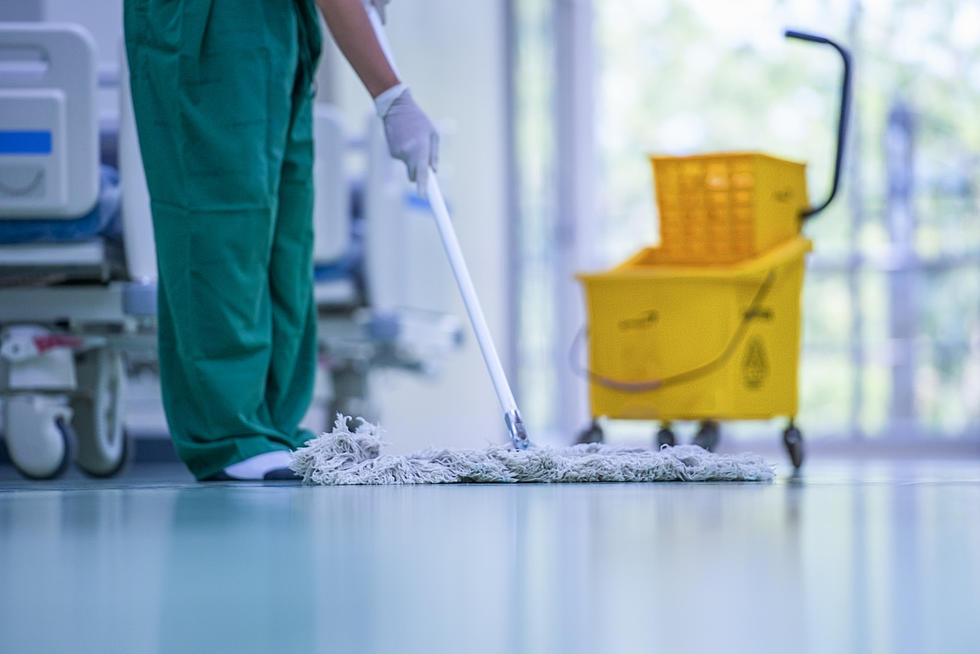
Black, Latino support healthcare workers scared and underserved during pandemic, Rutgers study finds
They haven't received much attention during the pandemic, so a study out of Rutgers offers an initial glimpse at a very specific demographic in New Jersey — Black and Latino healthcare workers who aren't on the front lines.
The first-of-its-kind study, funded by the National Institutes of Health, found that these workers — custodians, food preparers, and therapists, for example — experienced many of the same concerns faced by physicians and nurses, but may have lacked the same kind of support offered to folks in the higher-paying positions.
"Some workers got tested every week, paid by their employers, while others struggled to get a testing place," said first author Zorimar Rivera-Núñez, an assistant professor at Rutgers School of Public Health.
Report findings were based on interviews in Essex, Middlesex, Passaic and Union counties, with a number of individuals in support healthcare roles in hospitals, nursing homes and home care sites. The study did not evaluate whether or how the experiences of Black and Latino people in these roles differed from the experiences of white people in the same roles.
Researchers noted that the COVID-19 pandemic significantly disrupted these workers' responsibilities and roles — concerns ranged from changes in job duties to a lack of personal protective equipment.
Study participants experienced fear and uncertainties, the report found. They were concerned about contracting the virus and bringing it home to their families, or losing their jobs or a portion of their income.
Researchers said their findings can be used to develop public health messages and strategies.
"Our findings illustrate the critical need for health systems to dedicate resources to improve the work conditions for this marginalized workforce, including offering resources that support resilience as well as addressing wages, physical conditions and mental demands, health, safety and well-being to retain them in their roles," Rivera-Núñez said.
Funded by the NIH Rapid Acceleration of Diagnostics Underserved Populations Initiative, the study was conducted as part of NJ HEROES TOO (New Jersey Healthcare Essential Worker OutReach and Education Study - Testing Overlooked Occupations) in collaboration with 18 community-based organizations and four healthcare organizations.
Contact reporter Dino Flammia at dino.flammia@townsquaremedia.com.
Omicron impact on COVID cases in NJ
NJ towns with indoor mask mandates
More From New Jersey 101.5 FM









